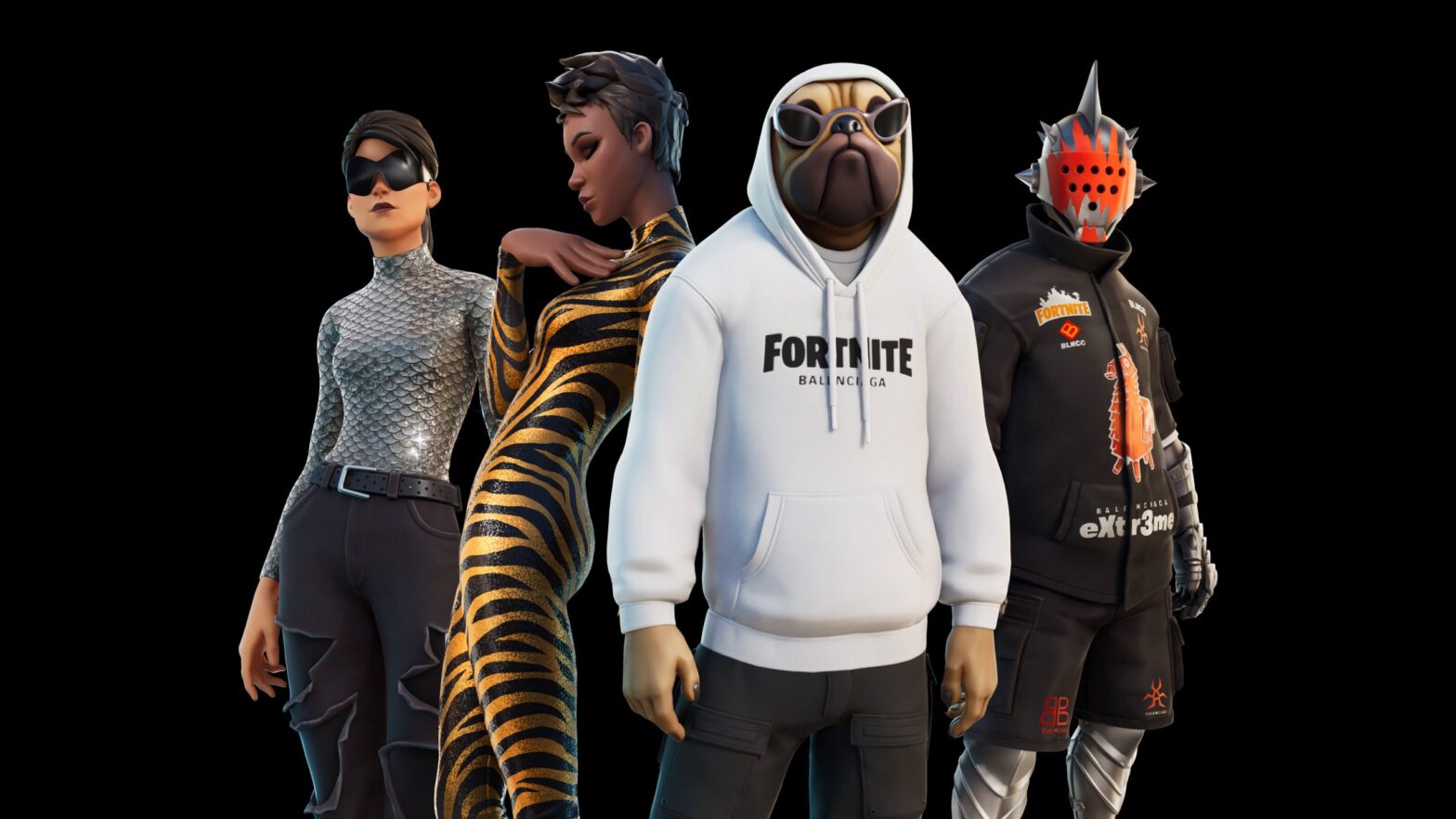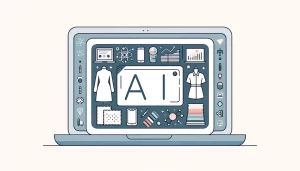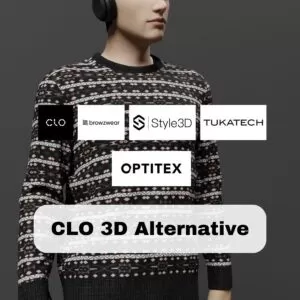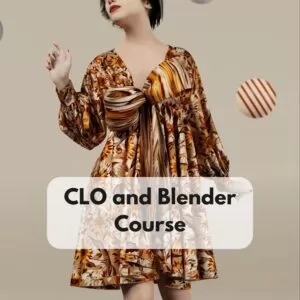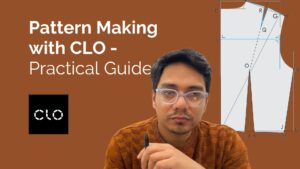Video Game Skins Sold As NFTs: And How 3D Modelling Is The Backbone Of It
NFTs. Video Game Skins. Fashion. 3D. They’re All Related.
Hey 3D Fashion community, welcome to another super-informative blog that’s definitely going to add value to your day! Today let’s pick up the baton from our last blog and discuss 3D modeling in video games and NFTs. In our last blog, we talked about how 3D modeling is a ginormous part of the video gaming industry. If you haven’t read it, check out this article.
Well, today we’re going to pick on another aspect of the same, and of course, how 3D modeling is the skeletal structure of it.
With the popularity of video games and the rise of digital art, it was only a matter of time before game skins and avatars began to be sold as NFTs (non-fungible tokens). 3D rendering and modeling are the backbone behind this new market, as it allows for the creation of digital assets that can be sold and traded like any other asset. The market for NFTs is still in its early stages, but it is growing rapidly.
Some of the most popular game skins and avatars have already been sold for tens of thousands of dollars, and the market is only expected to grow in the future.
3D rendering and modeling is a complex process, but it is one that can be learned by anyone with the right skills and software. If you want to be in on this new wave, you can learn 3D fashion modeling and rendering simply from scratch! Don’t miss this opportunity, click on the button below to explore the available courses.
This is a game-changer for the video game industry. 3D modeling is the backbone behind the sale of video game skins and avatars as NFTs. This technology allows for the creation of realistic 3D images that can be used to create digital assets that can be sold as NFTs. The sale of video game skins and avatars as NFTs has become a popular way to make money from the sale of digital assets. This is because NFTs can be sold for a variety of different prices, depending on their rarity and desirability.
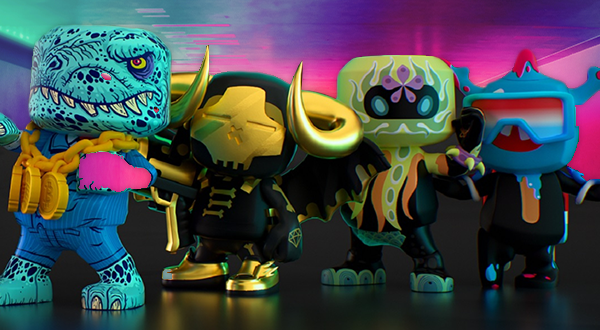
Unlike traditional assets, 3D NFTs are not subject to physical limitations and can be stored or transferred digitally. This makes them ideal for use in virtual worlds and other online communities. 3D NFTs can be used to represent a wide variety of objects, including art, fashion, collectibles, and even real estate.
Gaming Assets As NFTs And Their Confluence With Fashion
Now when there is talk of different avatars and skins for your video game characters, there is an obvious entry of fashion onto the scene. Every detail of the avatar’s ensemble- keeping it fashionable and saleable and aligning its purpose with that of the game- is a whole other story. 3D modeling in video games and NFTs is invariably linked to fashion.
Fortnite is including a lineup of wearable products from the luxury fashion company, Balenciaga, including clothes, bags, and more. Epic’s tweet announcing the cooperation finishes with the phrase “Make Fortnite your fashion destination this autumn,” implying that this will be the first of many collaborations.



Gucci ran its own “Gucci Garden Experience” event on Roblox. Ostensibly a big advertising campaign, the room nevertheless let players try (and potentially buy) some high-fashion accessories for their blocky avatars. One of these, the Queen Bee Dionysus bag, was initially available for 475 Robux (about $5). However, because he was only accessible for an hour a day on two days, the price increase began immediately. The bag sold for $4,115 in the most successful listing, however, some apparently tried to peddle it for more than $10,000. On the other hand, the real-life version of the Dionysus originally sold for a “mere” $3,400.
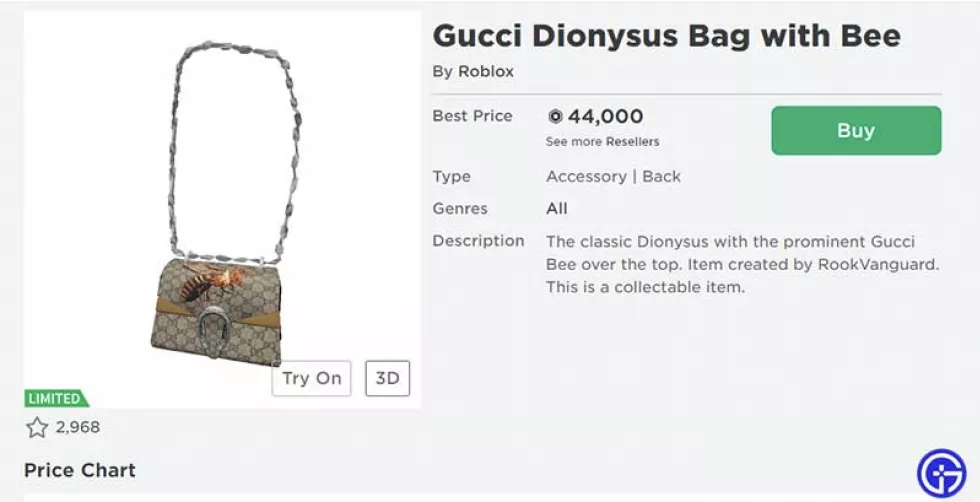
These collaborations are a big win for the brands individually, however, this is also huge for the future of gaming. They are opening up a new realm of flexing in-game; what’s “cool” in video games which used to have nothing to do with what was popular in real life. You desired the abyssal whip in Runescape because you saw other players wearing it and thought it looked “awesome,” not because you genuinely like whips. Elements of pop culture have begun being incorporated into the game, blurring the barrier between IRL and digital excitement.


The truth of the matter is, technology will always keep increasing, and inadvertently, so will our tools and resources. Not everyone has seen the potential of the 3D world, and we here at Learn 3D Fashion, are ready to help you harness that. If you want to learn 3D fashion right from the basics to the most advanced, this course is literally made for you! Check out the link below and join us while we explore the trenches of the 3D world.
Hey there! 👋 Thanks for reading. Join our newsletter to be the first one to get updates and more and also check out our other topics that can interest you!
**Check your Promotion Tab
- How to download CLO3D for Free.How to Download CLO3D for Free! Vivek PujariFounder, Learn 3D Fashion If you’ve been furiously Googling “How to download CLO3D… Continue reading How to download CLO3D for Free.
- 2024 AI Update | Google I/O ’24 and GPT-4o updates for designers2024 AI Update | Google I/O ’24 and GPT-4o updates Understand what the two most recent and important events, Google… Continue reading 2024 AI Update | Google I/O ’24 and GPT-4o updates for designers
- 5 Best CLO 3D AlternativesTop 5 CLO3D Alternatives in 2025 In this article we will be introducing you to the top 5 CLO3D alternatives… Continue reading 5 Best CLO 3D Alternatives
- CLO3D and Blender Course Guide | Learn 3D FashionDive into the world of 3D design with our essential guide to CLO 3D and Blender courses. Perfect for artists and designers at any level, this guide covers everything you need to know to start creating stunning 3D models and animations.
- CLO 3D for Beginners course guideGet started with the Free clo3d beginners course guide. Understand how 3D Fashion is shaping the future of fashion and start learning clo3d.
- Pattern Making with CLO 3D | A Beginners GuidePattern Making with CLO 3D | A Beginners Guide Introduction Welcome to the fascinating world of digital fashion design, where… Continue reading Pattern Making with CLO 3D | A Beginners Guide
